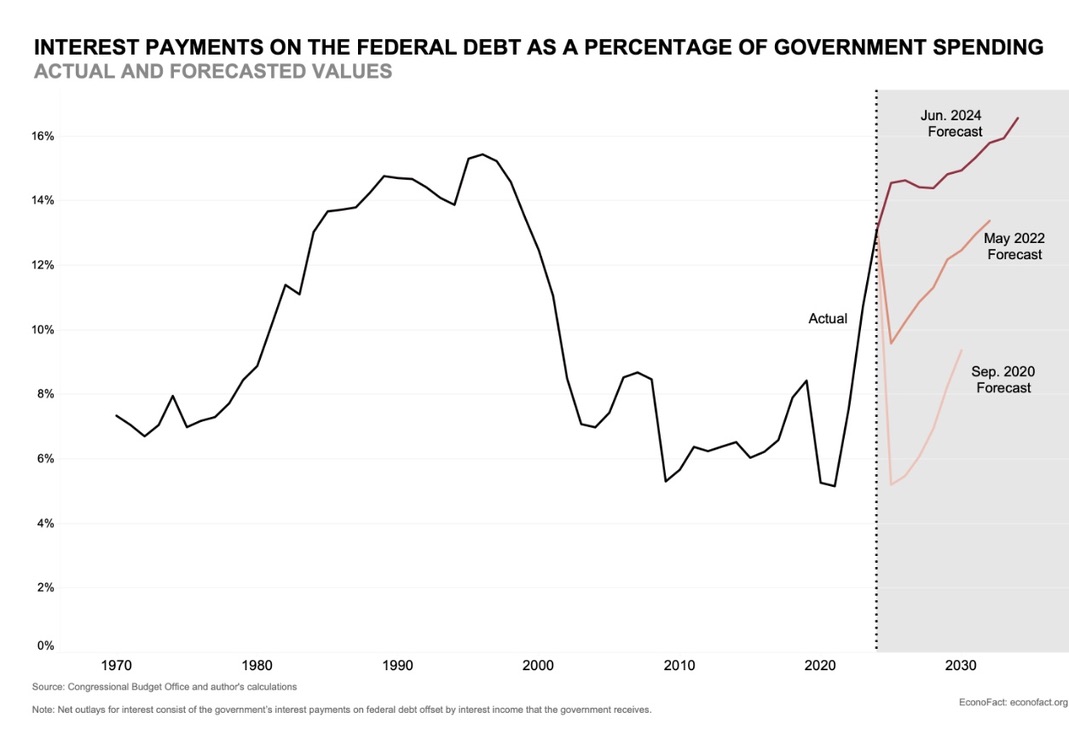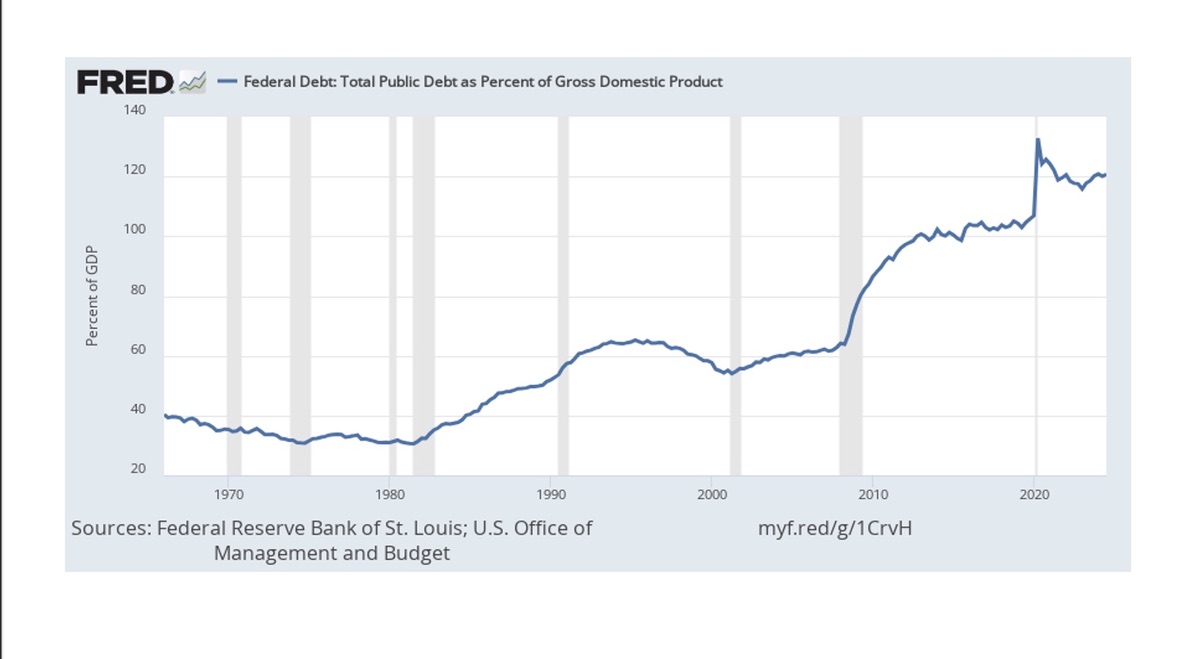Some individuals believe leadership is about the spirit of the poem Invictus: that I am the master of my fate and the captain of my soul.
The majority, I believe, understand our future will more likely be shaped by communities and groups with which we participate, professionally and voluntarily.
The following is a selection of issues that we will encounter in the year at hand. In contrast to the certainty of Invictus, management guru Peter Drucker cautions: “Trying to predict the future is like trying to drive down a country road at night with no lights while looking out the back window. ”
Success May Look Boring
I start with an observation by banking consultant John Maxfield: Banking is a sport of unforced error. The harder one tries the worse one performs.
Tennis.
Ping pong.
Don’t be too ambitious.
Credit Union Leaders Out of Touch?
Outlining vital missions is the job of leadership. But this skill does not necessarily come with those in positions of authority. Consultant Ancin Cooley described one industry challenge:
A core question is about advocacy in our movement: Who are we really advocating for? If we claim to represent the interests of members, why does it so often feel like so much public energy is spent protecting interests that don’t align with members’?
So, should we be out in front of the overdraft fight or supporting legislation that limits corporate ownership of single-family homes? The response you get from some folks is often very telling. I often wonder who is actually making these decisions for the credit union movement because the direction we are going seems out of touch with our members and the communities we serve.
A good example to understand Cooley’s concern is the debate on credit card fees. This article clearly outlines the conflicting positions credit unions must balance for members. One of the author’s observations: “Nobody ever got rich through credit-card rewards, yet lives have been ruined due to credit-card debt.”
Innovative ideas and compliance mandates cannot create the kind of priorities that clearly define credit union’s unique role in the American economy. That can only come from persons who care deeply about their members’ future and financial lives. When leaders combine both mind and heart in their roles, it may be possible for coops to discover possibilities never imagined before,
The Loosening of Social Norms-Culturally and Politically (by David Kaiser, American Historian)
“From Shakespeare: “The fault, dear Brutus, was not in our stars, but in ourselves.” So it is again. What my generation has done was only human. The self-restraint which, as the Founders realized, was essential to make the American experiment work, had weighed upon too many generations for too long.
“It could not, human nature being what it is, endure indefinitely, and it didn’t. It had indeed gone too far in some ways, and humanity has benefited from loosening some of those restraints.
“Now it will fall to future generations to re-establish some of those restraints and enable us to live together and solve new problems in the large, cooperative communities which their vast numbers now need to survive.”
The Proper Use of Artificial Intelligence (AI)
What if AI is unleashed and never quite controlled — not in the sense of a robotic takeover but, as Harvard law professor Jonathan Zittrain puts it, as a new form of asbestos: dangerous, everywhere and hard to get rid of.
Trump Administration: Uncertainty about Everything
( Analysis from Kellogg Insight, Northwestern University)
Two months have passed since the election and the policy landscape under a second Trump presidency remains as uncertain as ever. We suspect that the Republican-controlled Congress will squeeze some savings out of the budget, but not enough to have a material impact on economic growth
Economists generally view innovation as the main long-term contributor to living standards, as new ideas make people more productive and richer, freeing up time to innovate anew. But there is a second strand of thinking in the economic growth literature, and it holds that political institutions matter most of all.
Peter Thiel famously said, “We were promised flying cars; we got 140 characters.” With crypto we were promised DAOs and smart contracts; we got $100,000 Bitcoin.
Technical progress desperately needs to be matched by social progress that increases trust and delivers better decision-making — from neighborhoods to boardrooms to relations between heads of state.
The Outlook for Interest Rates
How will markets perceive the growing burden of national deficits and debt?
From the Rising Burden of US Government Debt
Federal Debt as a Percentage of Gross Domestic Product
From Bloomberg Forecasts: Hopes that the Federal Reserve would keep up a swift pace of interest-rate cuts have dwindled. That means stocks and US consumers could face mounting pressure, and borrowing costs could remain higher for longer.
An Environmental Change That Aligns with Credit Unions?
From: Addison Del Mastro on Bringing Back America’s Small Cities and Towns
In last year’s predictions roundup, I predicted that 2024 would see the housing crisis, and urban policy more generally, become more of a mainstream issue. Of course, that didn’t happen all at once, but I feel pretty good about the trajectory of these issues’ salience.
This year, I’m thinking about a laterally related issue that may have the wind at its back: the question of economic revitalization in small cities and towns.
However much (or little) the incoming administration may do in terms of housing affordability or lifting the fortunes of deindustrialized or “forgotten” places, the hope that they might do something about it was certainly a factor in Donald Trump’s victory. And a lot of small cities and towns are seeing new construction in their old downtowns for the first time in decades.
The eye-watering expense of housing in the biggest metro areas, the rising appreciation for classic urban patterns and the sense that perhaps we owe something to places that have lost out to globalization, may all combine to create a real movement or effort behind bringing back America’s intact but battered small old cities and towns.
(From Discourse)


